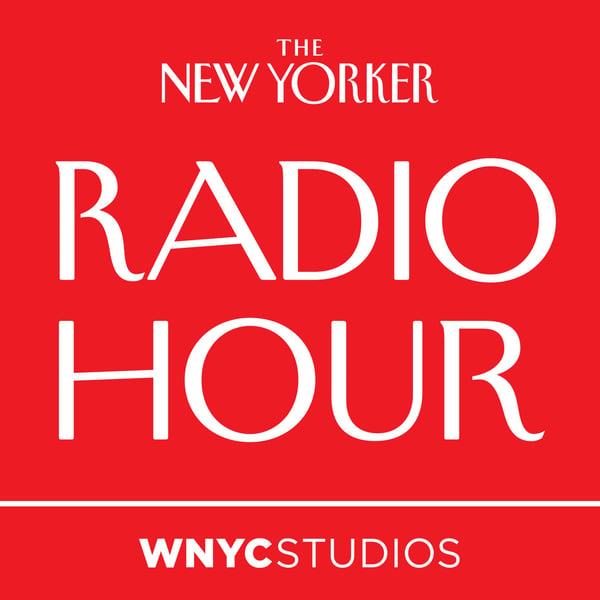A Gay Russian, Exiled in Ireland
The New Yorker Radio Hour
WNYC Studios and The New Yorker
4.2 • 5.5K Ratings
🗓️ 6 June 2023
⏱️ 19 minutes
🧾️ Download transcript
Summary
Evgeny Shtorn and Alexander Kondakov were living together in St. Petersburg when Vladimir Putin began his crackdown on the L.G.B.T.Q. movement in Russia, passing laws that prevented gay “propaganda.” Kondakov is a scholar of the movement, and Shtorn has studied the sociology of hate crimes against gay men. The couple also worked for an N.G.O. that received foreign funding, which made them appear particularly suspicious to Russian authorities. After Shtorn’s citizenship was rescinded, he became vulnerable to pressure from the F.S.B., the Russian security agency, which tried to make him an informant. Finally Shtorn decided to flee, seeking refuge as a stateless person in Ireland, where Masha Gessen spoke with him. Gessen says that Putin’s recent targeting of L.G.B.T. people is perfectly in line with his methods. “[We] make the perfect scapegoat, because we stand in for everything,” she says. “We stand in for the West. We stand in all the things that have changed in the last quarter century that make you uncomfortable. And, of course, no Russian thinks they’ve ever met a gay person in person—so that makes it really easy to create that image of ‘the villainous queer people.’ ”
This segment originally aired June 10, 2019. Since that time, Shtorn received refugee status, and was reunited with Kondakov in Ireland. They married in 2023.
Transcript
Click on a timestamp to play from that location
| 0:00.0 | This is The New Yorker Radio Hour, a co-production of WNWC Studios and The New Yorker. |
| 0:09.4 | This is The New Yorker Radio Hour, I'm David Remnick. |
| 0:12.2 | A while back, our writer, Masha Gesson, came on the program to tell the story of a man |
| 0:17.2 | named Yivgene Storn. |
| 0:19.4 | This was 2019, June, Pride Month, and our episode was about the 50th anniversary of the |
| 0:26.3 | Stonewall uprising. |
| 0:28.4 | Masha and I were talking about the way that many countries were moving gradually toward |
| 0:32.4 | acceptance of LGBT people, but around the world, other nations were on the opposite trajectory. |
| 0:38.8 | Russia was among those instituting new forms of legal repression. |
| 0:43.2 | Yivgene Storn was one of many people whose lives were disrupted by that backlash. |
| 0:48.1 | In some ways, I look back at that conversation with a sense of foreboding about what's happening |
| 0:53.5 | now in parts of America and other parts of the world. |
| 0:57.1 | Here's Yivgene Storn speaking with Masha Gesson. |
| 1:10.6 | Great windy and rainy sometimes. |
| 1:15.4 | I was walking with Yivgene Storn in Gowey, which is a coastal city in Ireland. |
| 1:21.7 | This is early May, and I had first heard of Yivgene a couple of years ago when some friends |
| 1:29.6 | let me know that he was looking for help trying to get out of Russia. |
| 1:35.2 | Something horrible was happening to him. |
| 1:36.7 | I got some more details later. |
| 1:40.2 | Zhenya, can you start by talking about how you ended up in Ireland? |
| 1:47.2 | I think the story starts in St. Petersburg. |
| 1:50.2 | No, the story starts in the Soviet Union in 1983 when I was born in Kazakhstan Socialist Republic. |
... |
Please login to see the full transcript.
Disclaimer: The podcast and artwork embedded on this page are from WNYC Studios and The New Yorker, and are the property of its owner and not affiliated with or endorsed by Tapesearch.
Generated transcripts are the property of WNYC Studios and The New Yorker and are distributed freely under the Fair Use doctrine. Transcripts generated by Tapesearch are not guaranteed to be accurate.
Copyright © Tapesearch 2025.

